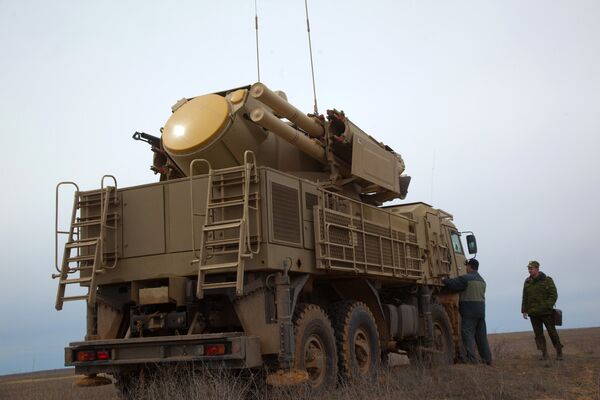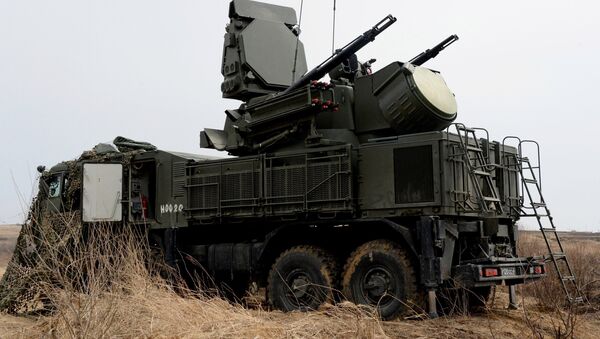Former Director of the Israel Missile Defence Organisation Uzi Rubin has revealed in an interview with the Defence News media outlet that Saudi air defences, namely Patriot systems, failed to repel the combined drone and missile attack on the country’s oil facilities in September due to the aerial assailants flying below the horizon. According to him, the defences were not prepared to detect such targets.
"When it comes to missiles, missile defence sensors will aim above the horizon because the missile is above it and you don’t want clutter. So when it comes to guarding, the issue is things that can sneak in near the ground", he said.
Rubin said that it's difficult to close this radar "gap", through which low-flying objects can slip, but not impossible. He added that all the Saudis need to do is establish proper local defences.
He elaborated that no "fancy" systems are needed for this and that the quite simple and battle-proven Russian Pantsir S1 (NATO reporting name SA-22 Greyhound) systems with dual 2A38M 30 millimetre automatic cannons equipped with infrared direction finders would do the trick. Russia has been successfully using Pantsirs to repel frequent massive drone attacks on its Hmeymim base in Syria carried out by local militant groups.

Although there is no indication that Riyadh has discussed purchasing Pantsirs from Russia, it did discuss the possibility of buying Russian S-400 air defence systems in 2018, which possess certain advantages when compared with the American Patriots. However, recent events involving Turkey and India have shown that such a purchase could spark a negative reaction from Saudi Arabia’s long-time ally, Washington, which has already threatened New Delhi and Ankara with sanctions over their acquisition of S-400s.
In light of the 14 September attacks, which crippled Saudi Aramco’s oil refineries and halved the country's daily crude output, the Pentagon announced the deployment of an additional Patriot battery to the Middle Eastern ally's territory. The decision comes despite two such batteries failing to foil the combined drone-missile attack, the responsibility for which has been claimed by Yemen’s Houthis.


